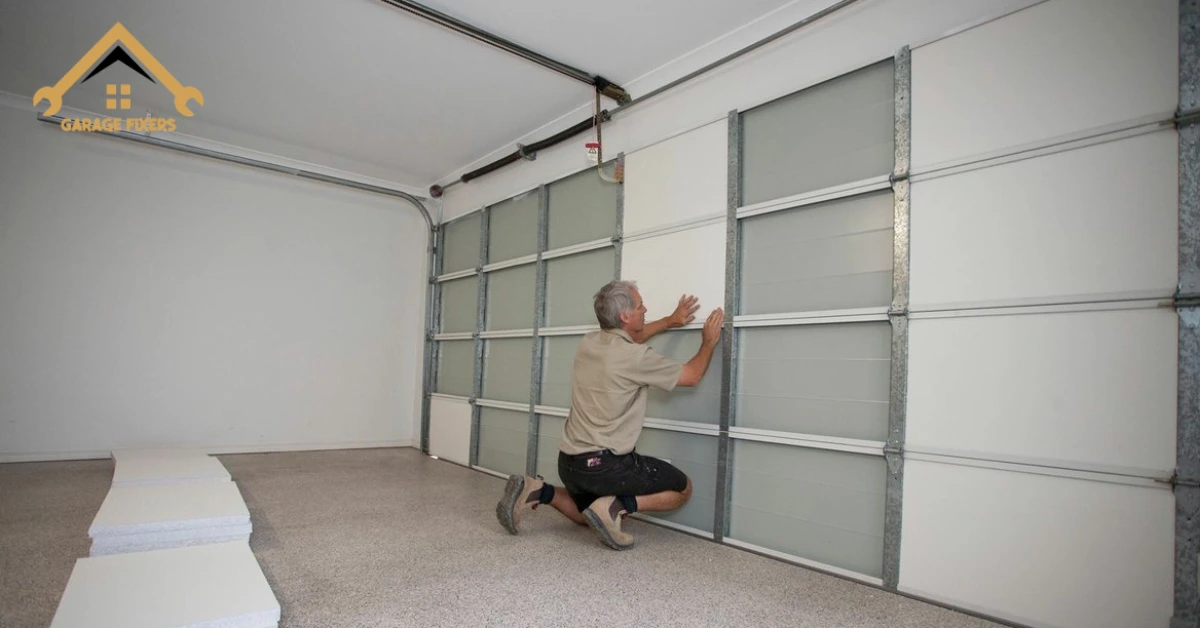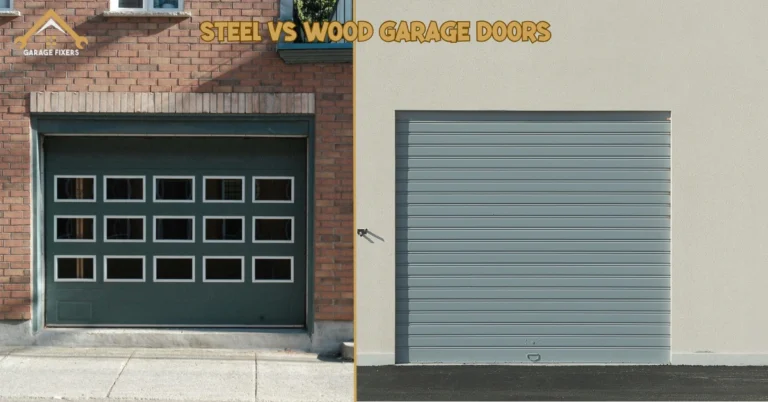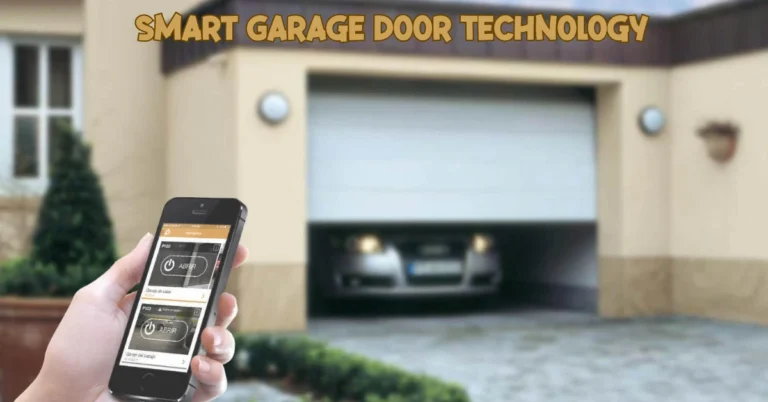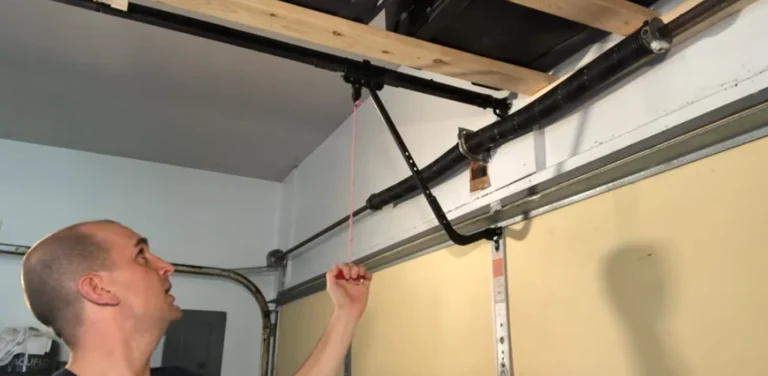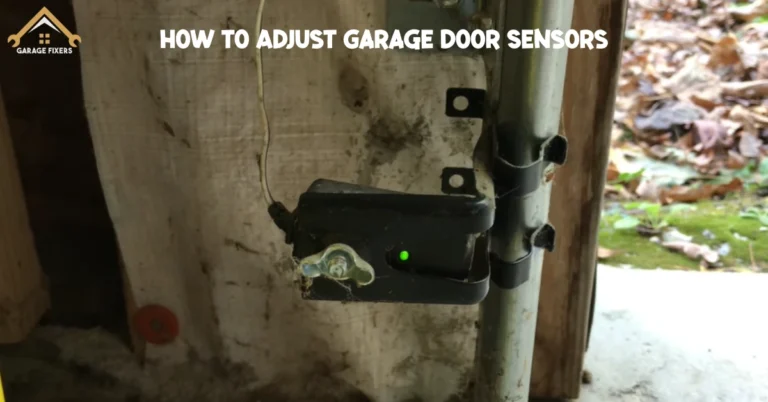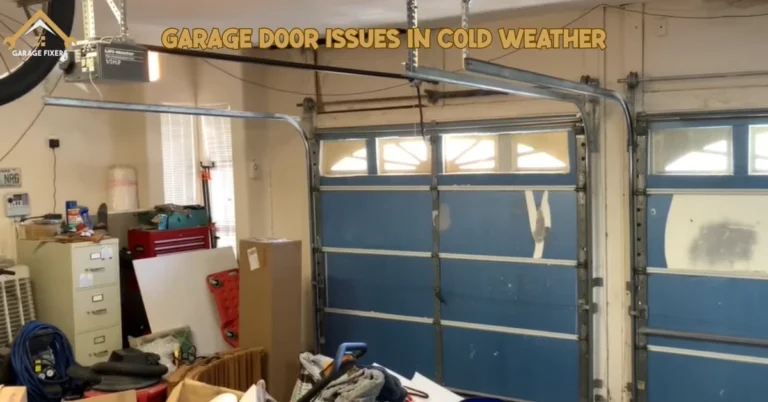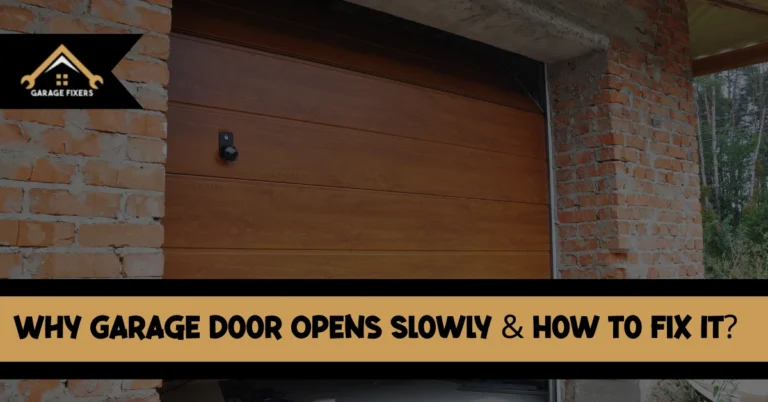How to Make Garage Door Quieter | Soundproof Garage Door
A noisy garage door can turn a normal day into a constant irritation. Every time it opens or closes, the loud screeching or banging can disturb your sleep, scare pets, or wake the whole family at night. This noise is not just annoying, it often means something inside the door system is wearing out or needs care.
Most of the time, the sound comes from small problems like dry rollers, loose bolts, or an old opener. These issues build up slowly until the door rattles, squeaks, or shakes with every movement. Ignoring the noise can lead to bigger repairs and higher costs later.
The good news is that you do not need to live with the racket. With a few simple checks, the right maintenance, and small upgrades, you can make your garage door run smoothly and quietly. The steps ahead will help you understand the causes and show safe ways to bring back a calm, quiet door.
Common Sources of Noise
- Rollers: Metal rollers wear down or dry out over time, creating squeaks or grinding sounds as they move along the track.
- Tracks: Bent or dirty tracks cause the door to rattle or scrape when opening and closing.
- Opener: A chain-drive opener or worn motor parts can produce humming, clanking, or vibration noises.
- Springs & Hinges: Old or unbalanced springs and loose hinges create popping or creaking sounds during movement.
How to Soundproof a Garage Door | Garage Door Soundproofing
1. Safety First
Make sure the garage door cannot move before touching it. Turn off the power or unplug the opener. Don’t try to fix heavy springs yourself, they can be very dangerous. Wear gloves and eye protection.
2. Quick Fixes You Can Try Immediately
Clean the tracks and remove dirt. Put some silicone spray on rollers, hinges, and springs. Tighten any loose bolts or brackets. These small steps can stop squeaks and rattles quickly.
3. Parts That Often Need Replacement
Some noises come from worn or damaged components that cleaning and oiling cannot fix. Old metal rollers can grind and should be replaced with nylon rollers for smoother movement. Hinges with cracks or rust may need swapping to prevent further damage. If the opener’s chain or belt shows signs of wear, replacing it with a quieter drive system can reduce clanking and vibration.
4. Noise-Reducing Upgrades for Long-Term Results
For a lasting solution, consider upgrades designed to keep your garage door silent for years. Insulated panels help absorb sound and reduce vibration. Anti-vibration pads under the opener motor keep it from shaking the ceiling or walls. A belt-drive or direct-drive opener operates more quietly than traditional chain systems, giving you smooth and quiet performance every day.
Professional Maintenance & When to Call an Expert
Some problems are too risky to fix alone. Broken springs, frayed cables, or a door off its track need a trained technician. Professionals can fix these safely and check for hidden issues.
Cost vs. Benefit of Professional Service
Hiring a professional may seem costly at first, but it often saves money in the long run. Proper repairs prevent further damage, reduce the chance of accidents, and keep the door working smoothly for years. A technician can also recommend quiet rollers, updated openers, or insulation upgrades that deliver lasting noise reduction and improve overall performance.
If you have decided to hire a professional then contact Garage Fixers Now! Also checkout How to Adjust Garage Door Sensors.
Preventative Maintenance Tips
Check your garage door every few months. Look for loose bolts, rust, or worn parts. Clean the tracks and spray rollers, hinges, and springs. Watch how the door moves—if it shakes or leans, call a pro before it gets worse.
FAQs | how to make garage door quieter
Will insulation reduce noise?
Yes, insulated panels absorb sound and help reduce vibrations, making the door noticeably quieter.
How often should I lubricate moving parts?
Lubricate rollers, hinges, and springs every three to four months, or more often if the door is used daily.
What’s the lifespan of nylon rollers?
High-quality nylon rollers typically last 7 to 10 years with regular maintenance, often longer than metal rollers.
Why is my garage door so noisy?
Your garage door is noisy because parts like rollers, hinges or springs may be dry, loose or worn out. A little lubrication or tightening can help, but if the noise stays, it’s a sign the door may need professional repair. Call Garage Fixers.
Final Thoughts
A noisy garage door is more than an irritation—it’s a sign that your system needs attention. Simple cleaning, regular lubrication, and the right upgrades can cut down noise and prevent costly repairs. Combine basic DIY care with timely professional service to enjoy a garage door that operates smoothly and stays quiet year after year.

